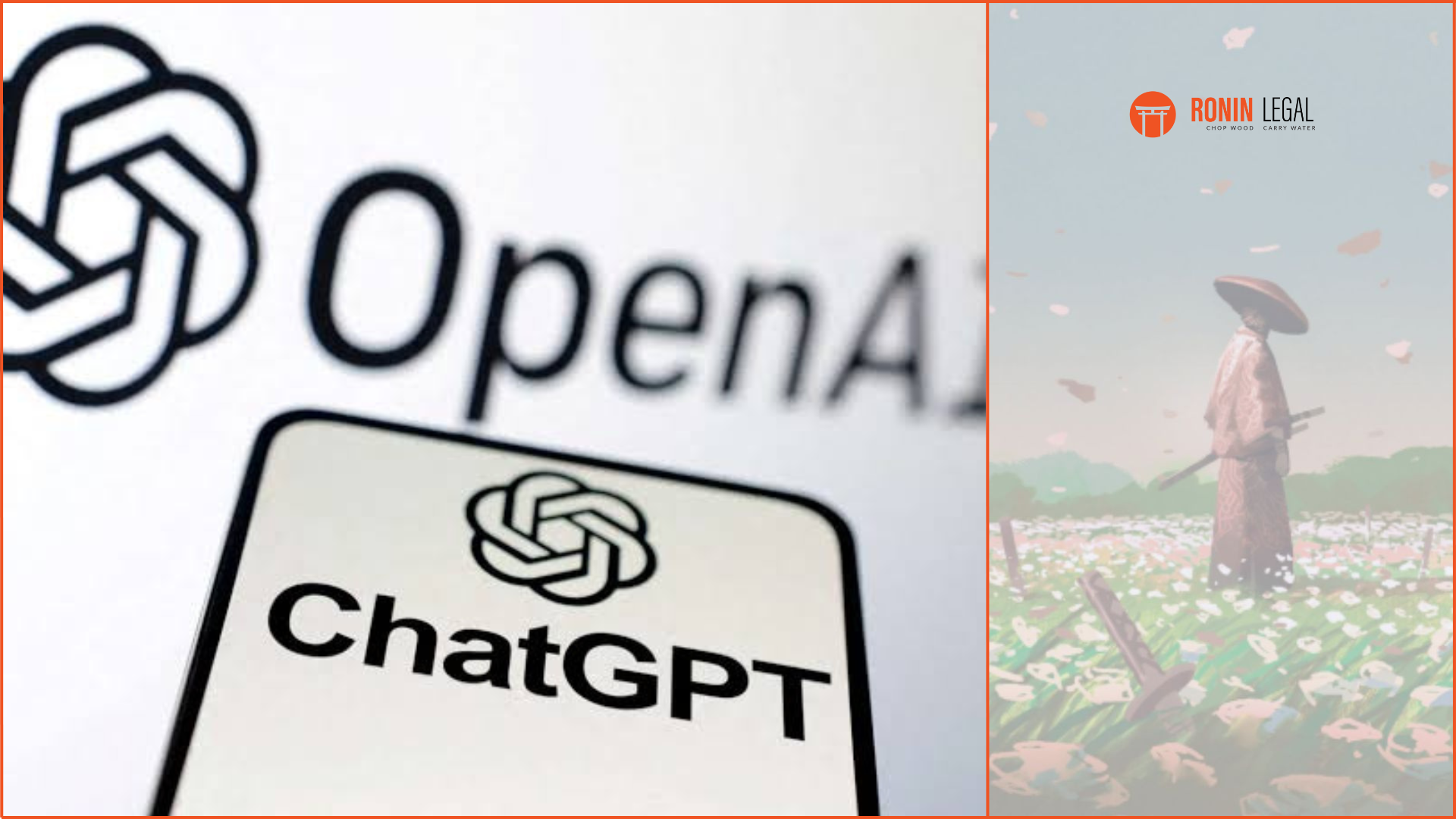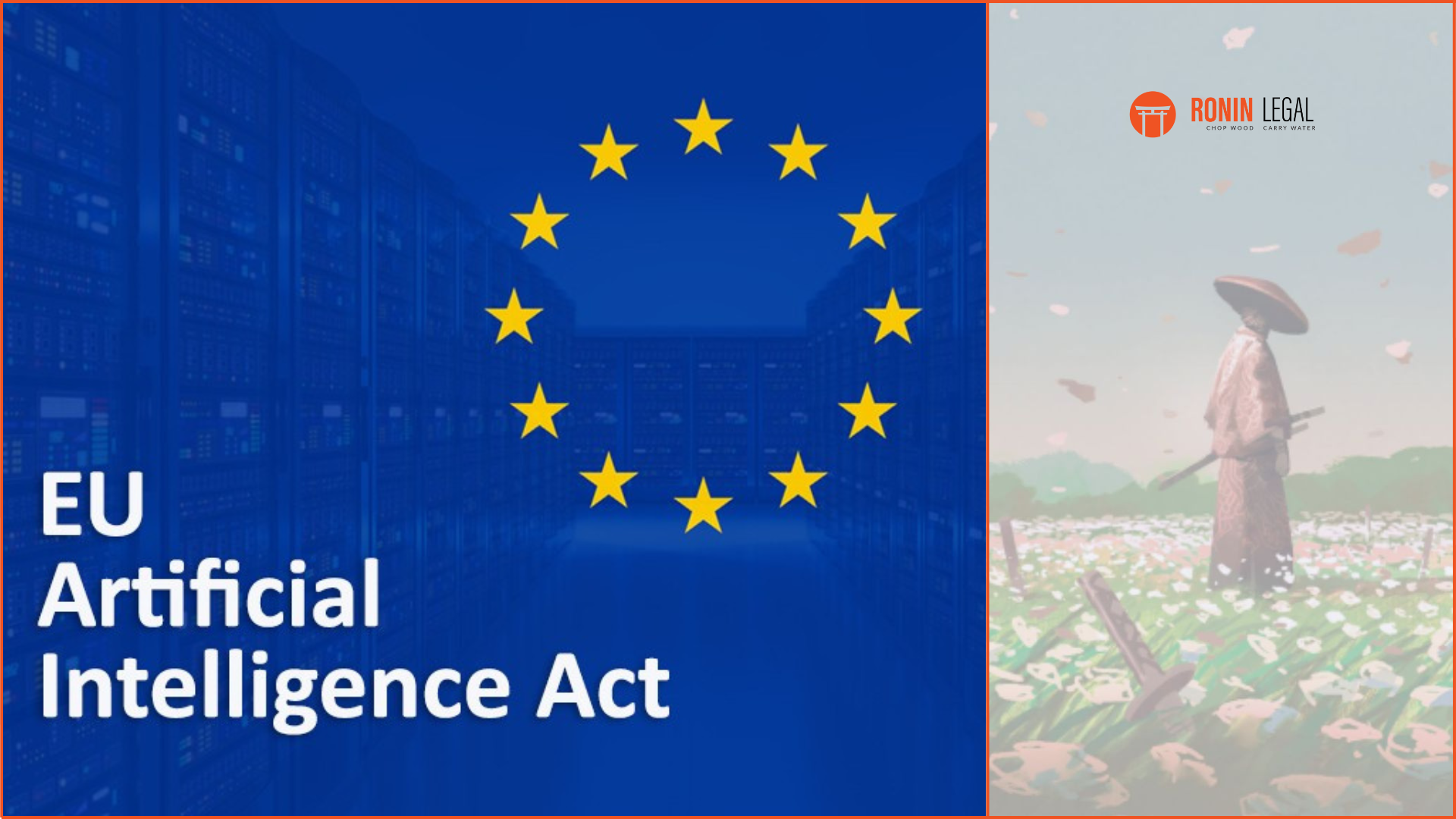The popular social media and video-sharing app TikTok and its parent company ByteDance, are in a legal dispute with the US government, which will determine the platform’s future in the US. This legal battle isn’t just about the platform’s operations, but about the complex relationship between national security and freedom of expression in the digital age.
BACKGROUND
The trigger for this lawsuit is the law recently passed by the US Congress, the Protecting Americans from Foreign Adversary Controlled Applications Act (“Act”). The Act prohibits applications which are either controlled by adversary countries (declared by the US President) or owned by ByteDance, to operate in the US.[1] In order to comply with the Act, the only options available to ByteDance are to either divest or cease its US operations. According to the US Government, since ByteDance is allegedly required to collaborate with the Chinese Communist Party, its operations in the US pose a national security threat. The Government argues that the Act is a necessary safeguard to protect national security while respecting the First Amendment.
TIKTOK’S LAWSUIT
On May 7, ByteDance filed a lawsuit challenging the constitutionality of the Act. The lawsuit which has been filed before the Court of Appeals, District of Columbia Circuit,[2] highlights four grounds on which the company claims the law to be unconstitutional.[3]
First, the company claims the Act violates the First Amendment as the Congress is not empowered to make a law which affects the freedom of speech. TikTok argues that by banning the platform and the software applications offered by TikTok and subsidiaries of ByteDance, the Congress has made a law curtailing freedom of speech, which makes it inconsistent with First Amendment.
Second, the company claims that the Act is a Bill of Attainder, a form of legislative punishment given to specific persons or groups. The Congress is prohibited to pass such bills under Article 1 of US Constitution.
Third, TikTok states that the Act is a violation of equal protection under Fifth Amendment’s due process clause as it singles out the company for adverse treatment without valid reasoning. Lastly, the Act violates Takings clause of Fifth Amendment as it authorises an unlawful acquisition of private property without fair compensation.
TikTok also argues that since the platform enables creators to build audiences, collaborate with brands, and run their own businesses through its e-commerce feature, TikTok Shop, the ban disrupts this established ecosystem and potentially causes significant financial losses for creators and businesses built around the platform.
ACTIONS AGAINST TIKTOK IN OTHER COUNTRIES
The app is already banned on official devices in several states.[4] In 2023, Montana became the first US state to ban TikTok,[5] but the ban was short-lived as it was blocked by a Federal Judge on the ground that it oversteps the State’s power and infringes the constitutional rights of businesses and consumers.[6]
Apart from the US, the app’s alleged Chinese relations are considered a national security concern in other countries, including the EU, India, and Australia, resulting in complete or partial bans.
In India, the app was completely banned in the 2020 among other Chinese apps due to alleged security reasons.[7] In February 2023, the European Commission also suspended the use of TikTok on official devices due to alleged cybersecurity concerns.[8] Similarly in a number of countries including Australia, Canada, Denmark, Taiwan, and the UK, the use of app is restricted on official devices issued to or used by government officials.[9]
CONCLUSION
While the case is pending before the Court of Appeals and is still in the nascent stages, the decision of Court would set a strong precedent for future disputes involving freedom of speech and national security in the US. If TikTok loses and the court upholds the Act, the company would be forced to sell or cease its US operations. If the Government loses and the Act is declared unconstitutional, the Government’s power to initiate actions citing national security concerns could come under check. Irrespective, the dispute raises important question of the need to balance free speech and national security in the digital age.
[1] https://www.govinfo.gov/content/pkg/BILLS-118hr7521eh/pdf/BILLS-118hr7521eh.pdf
[2] TikTok Inc. & ByteDance Ltd. vs Merrick B. Garland, in his official capacity as Attorney General of the United States, USCA Case #24-1113, Document #2053212, Filed 05/07/2024.
[3] https://static01.nyt.com/newsgraphics/documenttools/f6022b3d35444e4d/321f3b7f-full.pdf
[4] https://apnews.com/article/montana-tiktok-ban-25c561396e85fee8926309daf4ad4b4f
[5] https://crsreports.congress.gov/product/pdf/LSB/LSB10972
[6] https://leg.mt.gov/bills/2023/billpdf/SB0419.pdf
[7] https://pib.gov.in/PressReleseDetailm.aspx?PRID=1635206
[8] https://ec.europa.eu/commission/presscorner/detail/en/ip_23_1161
[9] https://www.pbs.org/newshour/world/these-countries-have-already-banned-tiktok
Authors: Aakrist Goyal, Shantanu Mukherjee















